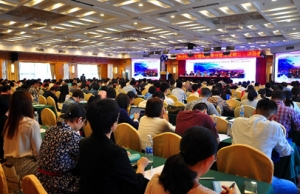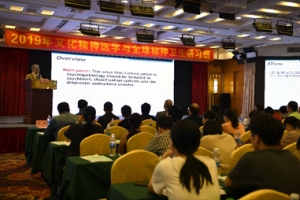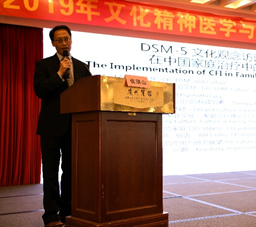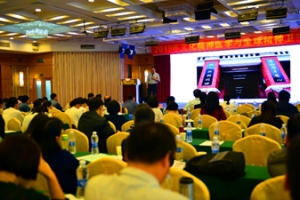From the Special Interest Group on Coronavirus of the World Association of Cultural Psychiatry 09/06/2020
Since the COVID-19 virus first manifested, in the last days of 2019 and the first months of 2020, numerous countries have taken measures at the level of national governments, states or provinces, or cities to lower the spread of infection in their populations.
At this time, it is important to point out that these measures and policies have differentially affected the mental health, physical health, and economic well-being of vulnerable populations around the world.
- In Western countries, epidemiological research has shown that racialized and ethnic minorities have borne a higher burden of illness, fueled by adverse social determinants of health and mental health patterned by racism and social injustice. Not only do minorities suffer in larger numbers from coronavirus disease, but they also suffer from the greater negative impacts of the pandemic and mitigation efforts including unemployment, loss of income, food insecurity, and less access to health care.
- In low- and middle-income countries, the disproportionate impact on vulnerable groups is even more severe. The measures taken by governments have left many millions of people who work in low-paid jobs without any income. State funding is often too limited to bridge the gap in income and food supply or to provide protective equipment to essential workers. We see this happening in India, Africa, and Latin America. In some cases, aggressive policing of these measures has been used as part of efforts to control low-income populations, even resulting in violence.
- Measures taken without adequate scientific evidence have resulted in more infections. Examples include long lines of poor people seeking financial compensation, premature reopening of regional economies and places of entertainment without sufficient testing and access to protective equipment, and limitations of public transportation causing overcrowding of buses and trains.
- Mental health care is often the last consideration in health care service planning and, with the added strain of providing care for COVID-19 cases, there is a risk of inadequate funding for mental health care.
Therefore, we call on governments at all levels to address the mental health and social impacts of the pandemic:
- To rely on scientific evidence in developing responses to the pandemic. Measures can have unforeseen side effects, especially for vulnerable populations.
- To focus on the most vulnerable populations, including those living in poverty who may lack resources to undertake mitigation efforts by devising policies and interventions that meet their needs.
- To prioritize funding to help the most vulnerable populations, not only in their own country, but worldwide. The pandemic is widening the gap between rich and poor not only within societies but also across nations. The moment has come for a worldwide initiative to mobilize financial means to ensure basic economic support for all, whether by tax policies or through international organizations.
- To address the mental health issues raised by the pandemic, both through loss of life and the effects of prolonged confinement or social distance. This includes efforts to promote social support. The impacts of grief and loss have often remained invisible due to the effects of lockdown and other restrictions on funeral rituals but may have a long-term impact on mental health.
Roberto Lewis-Fernández; Hans Rohlof; Pablo Farías; Mario Braakman; Sergio J. Villaseñor-Bayardo.
Officers of the WACP



 Professor Roberto Lewis-Fernández from the Department of Psychiatry at Columbia University, the president-elect of WACP; Professor Mario Braakman from Tilburg University; Professor Jie Li from Guangzhou Huiai Hospital; Dr. Shawn Hou, chief psychologist of the American Psychological Service Center; Dr. Yu Pang, vice-president of Beijing Huilongguan Hospital; and Professor Cheng Yu from the department of sociology and anthropology at Sun Yat-sen University, along with other scholars. Topics included the cultural classification of mental disorder, ethno-psychopharmacology, stigma and mental disorders, the application of the DSM-5 Cultural Formulation Interview in Chinese family therapy, social and cultural factors in psychological crisis intervention, and mental health and medical humanities.
Professor Roberto Lewis-Fernández from the Department of Psychiatry at Columbia University, the president-elect of WACP; Professor Mario Braakman from Tilburg University; Professor Jie Li from Guangzhou Huiai Hospital; Dr. Shawn Hou, chief psychologist of the American Psychological Service Center; Dr. Yu Pang, vice-president of Beijing Huilongguan Hospital; and Professor Cheng Yu from the department of sociology and anthropology at Sun Yat-sen University, along with other scholars. Topics included the cultural classification of mental disorder, ethno-psychopharmacology, stigma and mental disorders, the application of the DSM-5 Cultural Formulation Interview in Chinese family therapy, social and cultural factors in psychological crisis intervention, and mental health and medical humanities.

